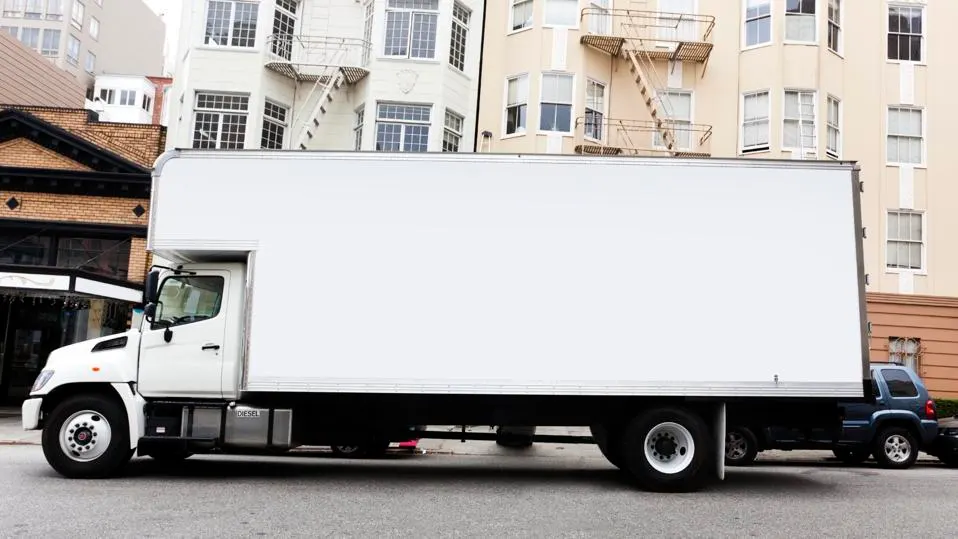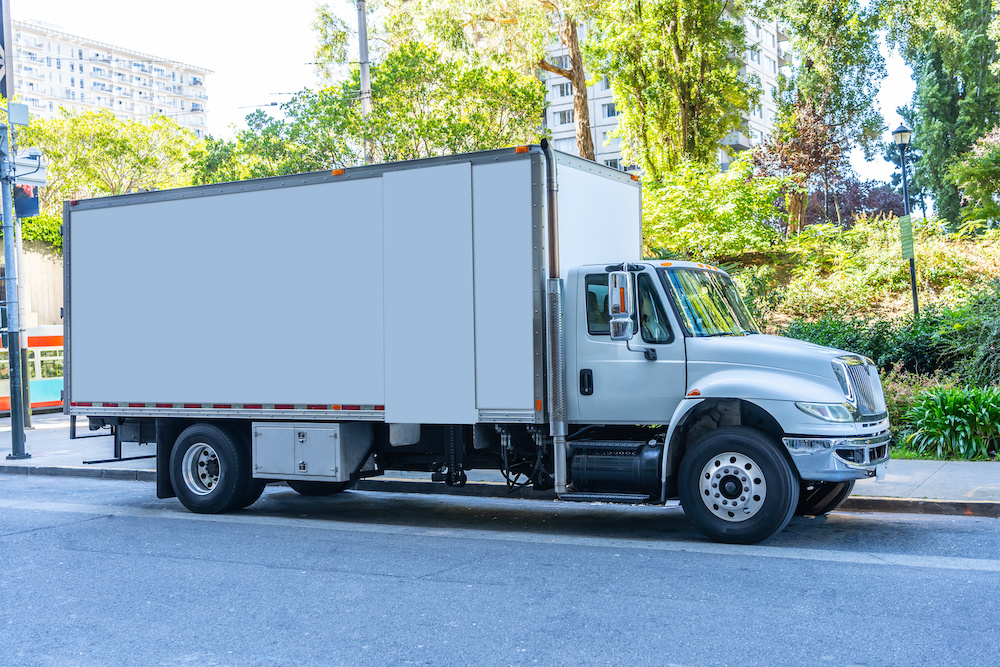The landscape of cargo logistics is undergoing a remarkable transformation, thanks to cutting-edge innovations that promise to reshape the industry. From automated warehousing systems to the integration of blockchain technology, here are eight groundbreaking advancements revolutionizing the world of Info Ongkir Indah Cargo Terbaru.
- Autonomous Vehicles: The advent of autonomous vehicles is transforming cargo logistics by enhancing efficiency and reducing costs. Self-driving trucks and drones can navigate routes with precision, minimizing human error and optimizing delivery times.
- Blockchain Technology: Blockchain is revolutionizing Info Ongkir Indah Cargo Terbaru by providing transparent, tamper-proof records of transactions and shipment details. It ensures trust and security across the supply chain, enabling seamless tracking of goods from origin to destination.
- Predictive Analytics: Predictive analytics utilizes data to forecast demand, optimize inventory management, and streamline logistics operations. By analyzing historical patterns and real-time information, companies can make informed decisions to improve efficiency and reduce costs.
- Internet of Things (IoT): IoT devices such as sensors and RFID tags are embedded in cargo containers, enabling real-time monitoring of temperature, humidity, location, and other vital parameters. This data allows for proactive maintenance, risk mitigation, and enhanced visibility throughout the supply chain.

- 3D Printing: Additive manufacturing, or 3D printing, is revolutionizing cargo logistics by enabling on-demand production of spare parts and customized products. This reduces the need for extensive warehousing and expedites delivery times, particularly for rare or obsolete components.
- Drone Delivery Systems: Drones are increasingly being utilized for last-mile delivery in cargo logistics, especially in remote or congested areas. They offer swift and cost-effective delivery options, bypassing traditional transportation challenges and reducing carbon emissions.
- Artificial Intelligence (AI): AI-powered algorithms optimize route planning, fleet management, and resource allocation in cargo logistics. Machine learning algorithms analyze vast datasets to identify patterns and optimize processes, leading to increased efficiency and reduced operating costs.
- Robotics and Automation: Robotic systems automate warehouse operations, including picking, packing, and sorting tasks. Collaborative robots (cobots) work alongside human operators to enhance productivity, reduce errors, and improve safety in cargo handling operations.



